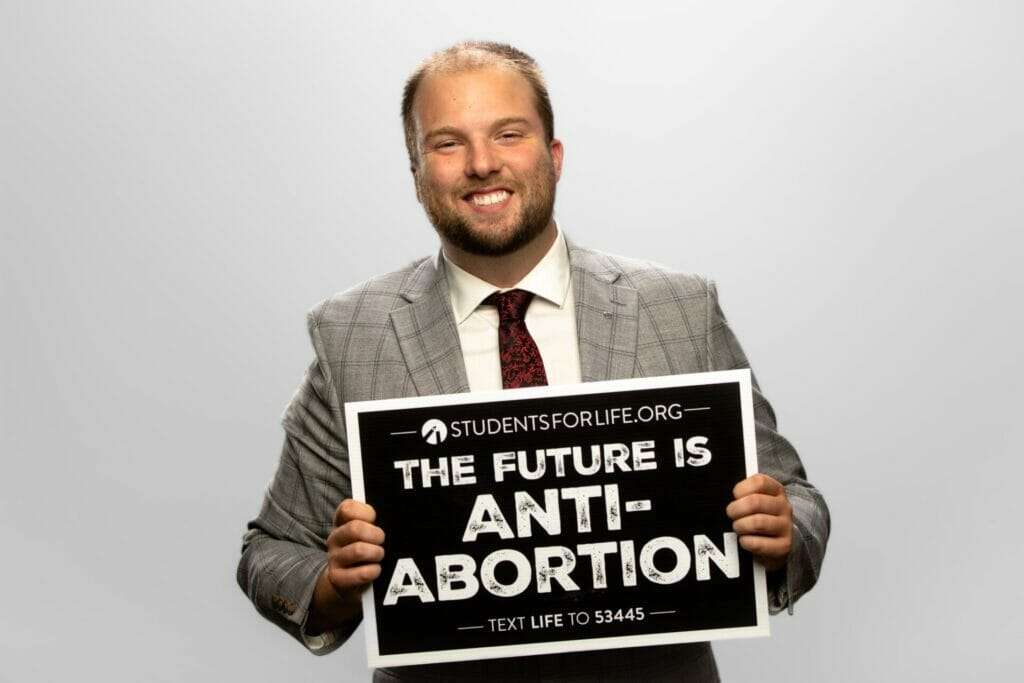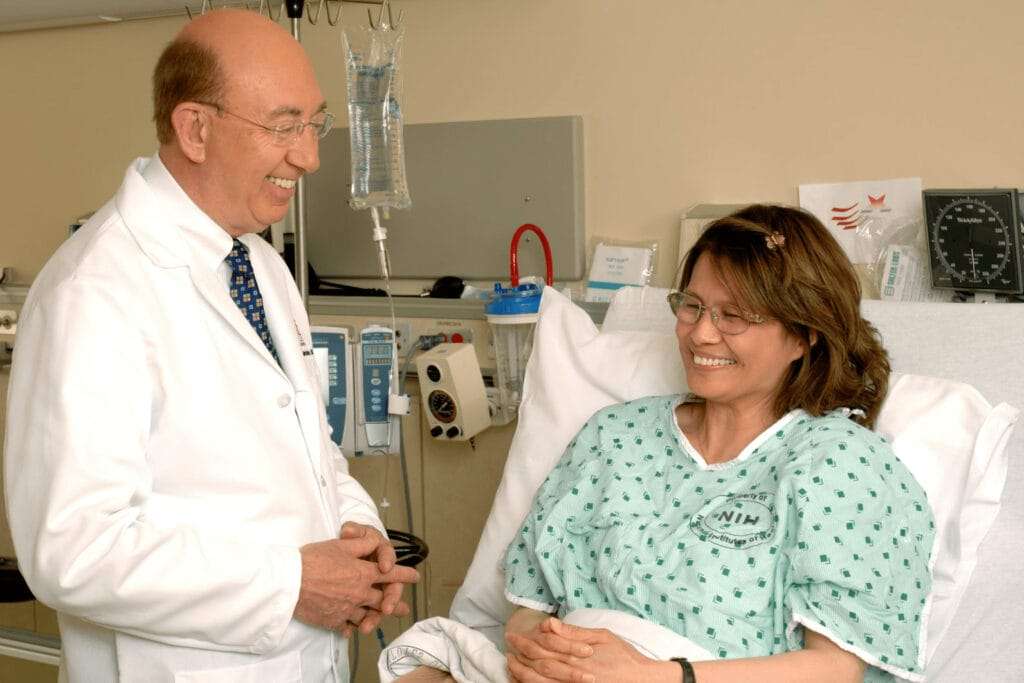

GUEST POST: Physician assisted suicide (PAS) is often euphemistically referred to as “medical aid in dying” (MAID) in attempts to soften the blow to what is really happening: the violation of the Hippocratic Oath. While the practice is limited to certain states, the American Medical Association is wrongfully looking to nationally normalize this practice among physicians and medical students alike.
Click here to urge the AMA to keep their opposition to assisted suicide.
Currently, the American Medical Association’s Code of Medical Ethics states, “Physician-assisted suicide is fundamentally incompatible with the physician’s role as healer, would be difficult or impossible to control, and would pose serious societal risks.” This statement is factually and ethically correct, needing no revision.
Unfortunately, however, there are efforts by the Medical Student, Resident, and Fellow sections of the AMA to change this and open the gateway for national acceptance of PAS — why is this?
In short, patient-first care is being replaced by selfish physician comfort.

While medical professionals can’t make it through schooling without understanding their profession isn’t an easy one, PAS is essentially just an “easy way out” for physicians.
It can be sad and uncomfortable for doctors to engage in difficult end-of-life conversations with their patients but resorting to PAS is not the answer. In the AMA’s 2019 affirmation of their stance against assisted suicide, they noted that a request for PAS should be an open door for physicians to engage in these challenging conversations. A gentle interview of patients to understand why they find their situation intolerable can be extremely fruitful.
Patients are likely requesting to end their lives because poor communication has led to their condition being less than ideally managed. The same 2019 report by the AMA suggests physicians should be aiding their patients in “better managing symptoms, arranging for psychosocial or spiritual support, treating depression, and helping the patient to understand more clearly how the future is likely to unfold.”
If these needs are being properly met, patients should have a more positive outlook on life. However, when patients who may already feel despair due to their condition feel unsupported by their limited community, it’s understandable that requests for PAS may increase.

As physicians and medical students, it is essential to understand that patients requesting PAS feel there are no alternatives to reaching lasting peace other than the immediate ending of their life. These patients have likely been diagnosed with a condition that will bring death in no more than six months — and if left unsupported — accompanied by incomparable suffering.
But the job of the physician as healer is not just for physical healing but for comprehensive healing; this includes mind and spirit, as well.
Arguably, the most underutilized tool physicians have is hope. Hope does not have to be only equivocated with the idea one can overcome their condition. In many cases in which patients are requesting PAS, physicians cannot and should not oversell the reality of the physical condition and their inability to treat it. Instead, hope can be utilized to remind patients that life, though accompanied by suffering, is worth living.
Operating with a diminished capacity does not remove the love and joy from a patient’s life, though one would be ignorant to conclude it comes without additional pain. But with proper support, it does not have to be all-consuming.

Is it more difficult to provide such proper support than immediately end a life? Sure. It consumes time, energy, and resources — but a physician’s ethos should never let them consider the alternative.
Not providing this support is an arguable violation of the Hippocratic Oath. But to blatantly and lazily resort to PAS under the guise of “preservation of patient autonomy” is even more of a crime against the Oath.
Medical professionals cannot be allured to adopt the utilitarian mindset that has allowed a culture of death to prosper within medicine. When looking at the infinite value of a human life, the ends cannot justify the means that is ending one life early. The perversion of the medical profession with this mindset has led to the dehumanization of the patient and removed the “care” out of healthcare.
It is time we call upon the next generation of medical professionals — those who are proposing these PAS policy changes within the American Medical Association — to take their profession seriously and restore a broad commitment to the Hippocratic Oath. If not, choose a different career path because the “easy way out” has no place in medicine.
Use the form below to urge the AMA to keep their opposition to assisted suicide.
Share this post
Recent Posts

The “Man of Steel” May be an Alien, But Not Illegal: His Parents ADOPTED Him
15 Jul 2025
The “Little” Moments That Make a Big Impact: How Being a Regional Coordinator Fuels My Pro-Life Passion
14 Jul 2025
Abortion Brags from Lily Allen & Hat from Cynthia Nixon Enrage Even Pro-Choice Americans. Can the Pro-Life Generation Take Some Credit?
11 Jul 2025

